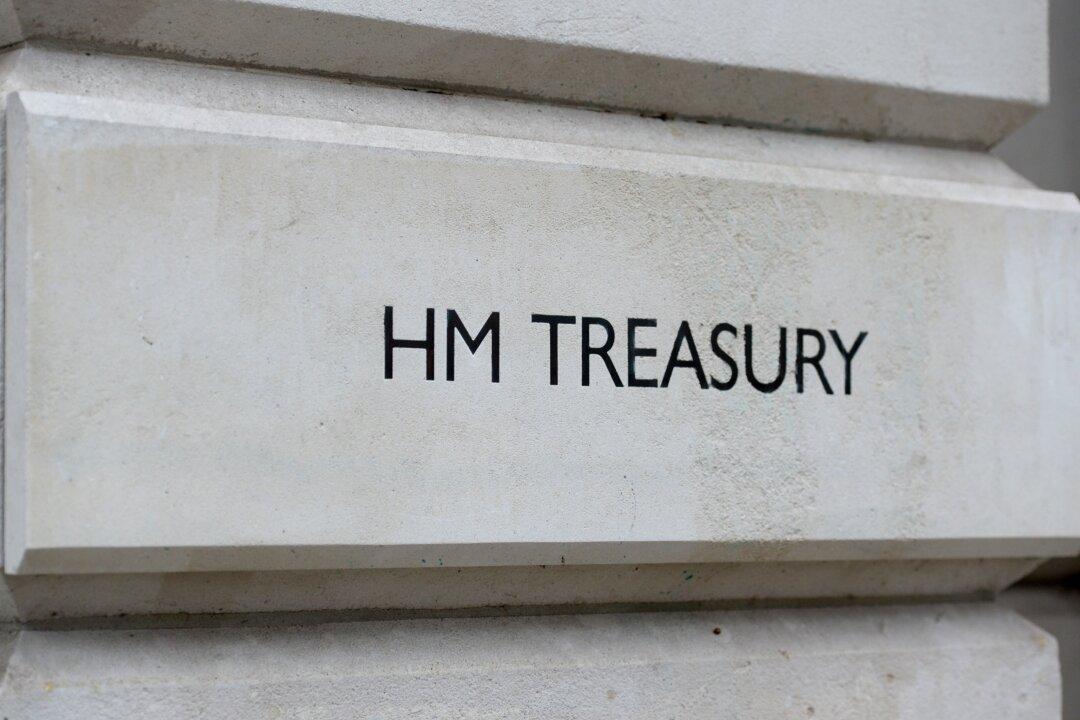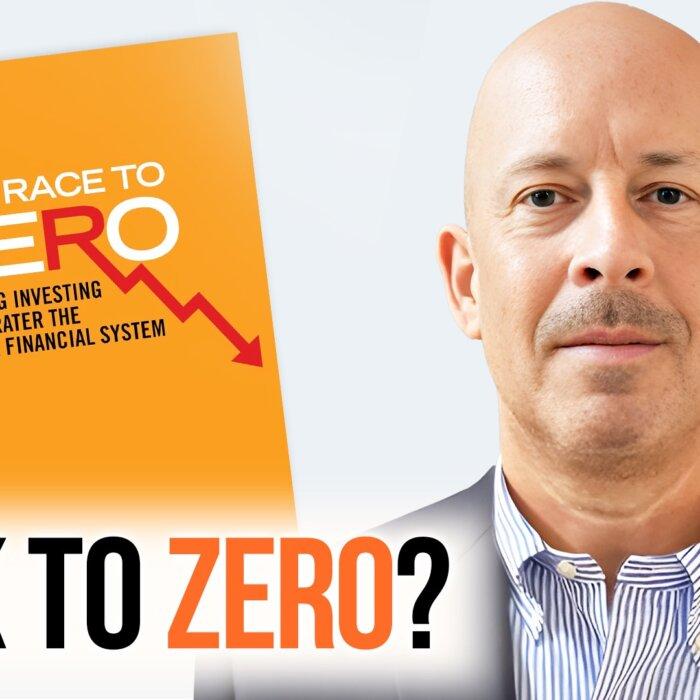Critics have warned that the government’s announcement to regulate ESG ratings providers in its latest budget means that the controversial practice will be “legitimised.”
The proposals were first put forward in last March 2023 as part of the government’s green finance strategy.
They have been gaining traction in recent years as companies and governments see them as having a positive impact.
However, some argue that ESG policies are being used as a cover to restrict the ability of certain groups to access credit, silence dissenting voices, and stifle economic growth.
Such rating agencies, research firms, and data providers, such as Deloitte, Moody’s and many more, each have their own methodologies and criteria for assessing the environmental, social, and governance performance of companies and investment products.
Rewire the Entire Global Financial System for Net Zero
Rupert Darwall, senior fellow of the RealClear Foundation and author, told The Epoch Times that “what this is really about is about driving capital away from oil and gas, towards wind and renewables and so forth.”Mr. Sunak, Chancellor at the time, said that “investors need to have as much clarity and confidence in the climate impact of their investments as they do in the traditional financial metrics of profit and loss” and that he wanted to “rewire the entire global financial system for net zero” and that “assets worth over $130 trillion of capital” are to be deployed.
“This is not about enabling private investors to make higher returns on their savings and on their pension and so forth,” said Mr. Darwall.
“It’s about basically socialising savings for public policy ends, essentially, net zero,” he said.
‘Basically, ESG is Falling Apart’
He noted, however, that on the other side of the Atlantic, “basically, ESG is falling apart” due to pushback.“There is a big pushback from Republican states and Republican attorney generals, and various state laws have been passed, cracking down on ESG. And one of the really big issues has been anti trust and that’s why recently State Street and JP Morgan have been quitting the Climate Action 100 Group,” he said.
In their letter to asset managers, the Republican attorneys general said that “potential unlawful coordination appears throughout Climate Action 100+’s documents,” while calling the group’s actions a “transparent attempt to push policies through the financial system that cannot be achieved at the ballot box.”
Impingement on British citizenry freedoms
Francis Hunt, trader and founder of The Market Sniper told The Epoch Times that he believed the new regulations mean that ESG is now “formalised” by authorities.He warned that it is “very much the legitisimatistion and the institutionalisation of the industry.”
He said that “it’s not just happening at the UK level, but at a global level.”
“Actual freedom of movement will be greatly curtailed with ESG being entrenched and this is further proof,” he said. “It is going to work into the impingement on British citizenry freedoms in terms of freedom of movement access,” he added.
He also said this top-down policy could result in carbon footprint allocations and limits to the average citizen.
“For example, you’ve had three steaks in the last month, and this is going to lead to greater taxation, tax rates etc.”
He said those who can pay will pay, but warned those who can’t “will be crowded out of things that they used to take as everyday rights and freedoms.”
He warned that individuals might have to resort to tech-driven virtual versions of past everyday experiences, like overseas holidays.
An FCA spokesman told The Epoch Times by email: “We welcome the government’s decision. We will work to develop a proportionate and effective regulatory regime with a focus on transparency, good governance, managing conflicts of interest, and proper systems and controls.
“Having an effective, transparent market for ESG ratings will improve credibility and trust, support the green finance market and competitiveness of the UK economy.”
The Epoch Times contacted The Treasury for a response.







